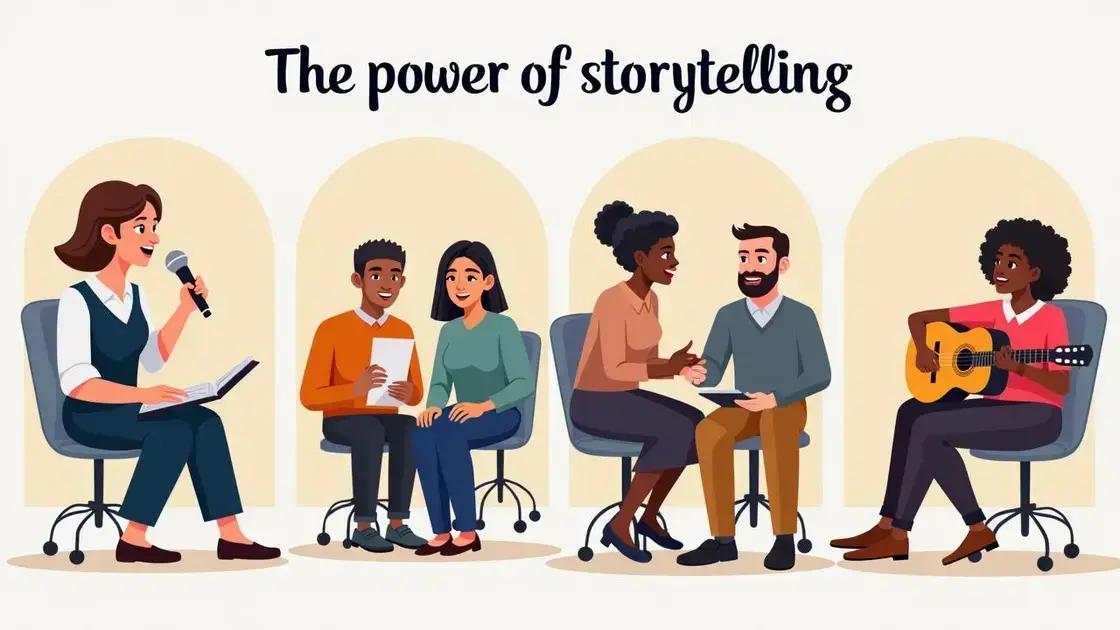The Arab Sheikh’s Trick is a captivating technique that utilizes powerful storytelling and effective communication to engage audiences. It benefits public speakers, business leaders, and educators by enhancing their ability to connect with others, making their messages more memorable and impactful.
The Arab Sheikh’s Trick has captured the fascination of many, sparking curiosity about its effectiveness. But does this technique truly work for everyone? In this blog post, we delve into the intricacies of the Arab Sheikh’s Trick, exploring its origins, historical context, and the varied responses from different individuals. Whether you are a skeptic or an enthusiast, join us as we uncover the truth behind this intriguing practice.
Understanding the Arab Sheikh’s Trick

The Arab Sheikh’s Trick is a fascinating concept often linked to ancient practices and wisdom. It’s crucial to understand what this trick entails before exploring its effectiveness. Essentially, it is deemed a skillful method used by sheikhs, or wise leaders, to inspire, captivate, and influence individuals around them. This trick can involve elements of storytelling, persuasion, and charisma.
Elements of the Trick
At its core, the Arab Sheikh’s Trick combines verbal and non-verbal communication. Sheikhs are known for their ability to engage their audience through compelling narratives. They use ornate language, vivid imagery, and emotional appeals to connect with listeners. This connection builds trust and captivates the audience’s attention.
Historical Influences
The origins of this trick can be traced back to Bedouin culture, where oral storytelling was a vital aspect of their heritage. Sheikhs often played a crucial role in preserving history and imparting wisdom. Their ability to weave stories, laden with morals and teaching moments, made them figures of authority and respect.
Modern Interpretations
In today’s context, the Arab Sheikh’s Trick is seen beyond mere storytelling; it encompasses leadership qualities and effective communication skills. Individuals aiming to harness this trick often focus on enhancing their storytelling ability and improving their public speaking skills. The principle remains: captivating an audience requires a blend of emotion, authenticity, and engagement.
Historical Context of the Trick

The Historical Context of the Arab Sheikh’s Trick reveals its deep roots in the cultural traditions of the Arab world. This trick is not just a simple act; it embodies centuries of storytelling, wisdom, and leadership.
Bedouin Traditions
Historically, the Bedouins, who are nomadic tribes in the Arabian Peninsula, relied heavily on oral tradition. Storytelling was a vital part of their culture. Sheikhs, as leaders and elders, would use their storytelling abilities to share knowledge and entertain. This skill was critical for teaching morals, history, and culture to younger generations.
The Role of Sheikhs
Sheikhs were respected figures in their communities, often mediating conflicts and providing guidance. Their authority came from both knowledge and the ability to communicate effectively. The trick became a representation of their power to persuade and influence those around them.
Influence of Religion and Philosophy
Islamic teachings also influenced how stories were told. The Quran emphasizes the importance of storytelling in imparting lessons and values. Sheikhs would weave religious principles into their narratives, making the Arab Sheikh’s Trick not only a form of entertainment but also a method of education and moral guidance.
Modern Adaptations
In modern times, the influences of globalization and technology have transformed this trick. Today’s speakers, whether in public speaking or media, draw inspiration from traditional techniques to connect with diverse audiences. The essence of the Arab Sheikh’s Trick remains, but its delivery has evolved to suit contemporary platforms.
Who Can Benefit from the Trick?

The Arab Sheikh’s Trick can be beneficial for a variety of individuals and groups, each finding value in its unique skills and techniques.
Public Speakers
Public speakers can greatly improve their presentations by using the elements of the Arab Sheikh’s Trick. Engaging storytelling, charisma, and connection with the audience can help them deliver messages effectively.
Business Leaders
Business leaders can learn to inspire their teams and clients through effective communication. The ability to convey ideas persuasively is essential for driving motivation and achieving goals.
Teachers and Educators
Teachers can benefit by incorporating storytelling into their lessons. The Arab Sheikh’s Trick allows educators to make learning more engaging while instilling important values and concepts in students.
Artists and Creatives
Artists and creatives can utilize the tricks of captivating an audience to enhance their performances or presentations. Whether through music, drama, or visual art, the ability to connect through storytelling is invaluable.
Real-Life Experiences with the Trick

Real-life experiences with the Arab Sheikh’s Trick illustrate how this concept plays out in everyday situations. People across various backgrounds have implemented these techniques in their personal and professional lives.
Public Speaking Success
Many public speakers have shared stories about how adopting the Arab Sheikh’s Trick transformed their presentations. One speaker noted that by using storytelling, they captured the audience’s attention and conveyed their message more effectively. Engaging narratives not only made the talk more memorable but also resonated with listeners on a deeper level.
Business Negotiations
In business, leaders have applied these techniques to enhance negotiations. A businesswoman recounted using storytelling to evoke empathy during discussions. By sharing a personal story related to the subject, she built rapport with her negotiating partners, leading to a mutually beneficial agreement.
Teaching Moments
Teachers who incorporate the Arab Sheikh’s Trick into their classrooms report higher student engagement. For example, a middle school teacher used captivating stories to introduce complex topics in science. Students were more excited to learn, leading to increased participation and better understanding of the material.
Artistic Expression
Artists have also benefited from these perspectives. A musician shared how storytelling enhanced her performances. By sharing stories behind her songs, she connected with the audience emotionally, which made each performance feel intimate and special.
The Impact of the Arab Sheikh’s Trick on Communication
The Arab Sheikh’s Trick demonstrates the power of storytelling and effective communication across various fields. From public speaking to business negotiations, its applications are diverse and impactful.
As discussed through various real-life experiences, incorporating the elements of this trick can significantly enhance the way messages are conveyed and received. Educators, leaders, and artists can all harness these techniques to build connections and engage their audiences more effectively.
Ultimately, the principles behind the Arab Sheikh’s Trick offer valuable insights into how we can communicate better, inspire others, and make our stories resonate. Embracing these techniques can lead to more meaningful interactions in both personal and professional realms.
FAQ – Frequently Asked Questions about the Arab Sheikh’s Trick
What is the Arab Sheikh’s Trick?
The Arab Sheikh’s Trick is a technique involving storytelling, charisma, and effective communication used to engage and captivate audiences.
Who can benefit from using the Arab Sheikh’s Trick?
Public speakers, business leaders, teachers, and artists can all benefit by enhancing their communication skills and building stronger connections with their audiences.
How does storytelling enhance presentations?
Storytelling captivates listeners by evoking emotions and creating relatable connections, making the message more memorable and impactful.
Can this trick be applied in modern business contexts?
Absolutely! Businesses can use the elements of the Arab Sheikh’s Trick to inspire teams, improve negotiations, and foster better relationships with clients.
Are there real-life examples of success from using this trick?
Yes, many professionals have shared experiences where incorporating storytelling improved their public speaking, teaching effectiveness, and audience engagement.
What skills are essential to master the Arab Sheikh’s Trick?
Key skills include effective storytelling, public speaking, emotional intelligence, and the ability to connect with your audience on a personal level.













